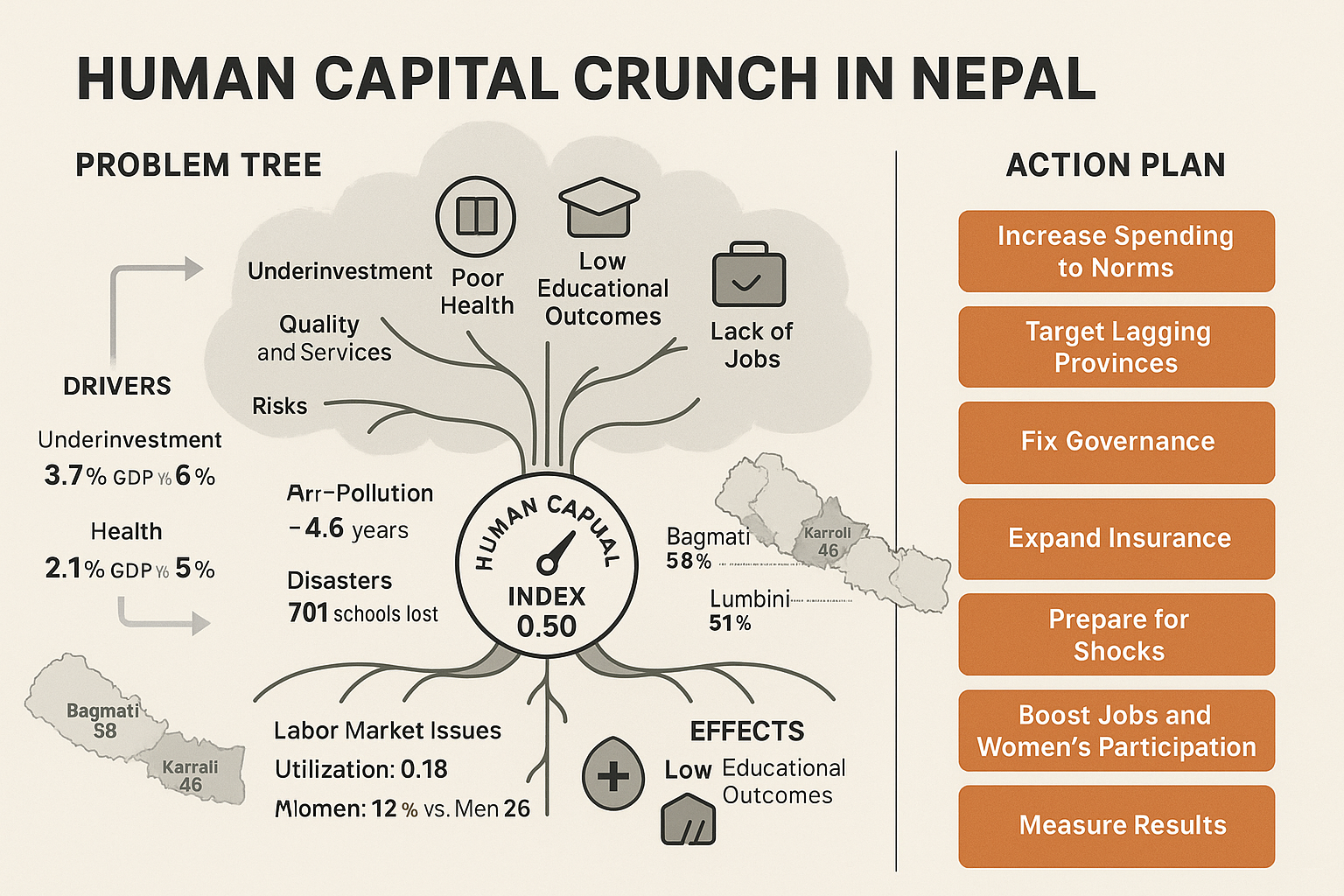
The SciTalk
Oct 30, 2025
Introduction: The Power of Curiosity
Every significant scientific or technological advance begins with a question. Someone wanted to understand something that had no clear use at the time. This is what defines fundamental science. It is driven by curiosity rather than profit or immediate application. It asks how life works, what matter is made of, and how nature organizes itself. It seeks to explain before it aims to build. The beauty of fundamental science lies in its spirit of wonder and patience, in the courage to pursue truth without knowing what it will bring.
Yet across the world, governments invest very little in this kind of research. They prefer applied science that produces visible results, quick returns, and measurable outcomes. This short-term view overlooks the fact that every practical innovation rests on decades of fundamental discovery.
How Curiosity Shapes the World
Fundamental science often begins in unexpected places. When scientists studied how bacteria defend themselves against viruses, they were not trying to cure disease. They were curious about how microbes survive. That curiosity led to the discovery of CRISPR-Cas systems, a natural bacterial defense mechanism. Years later, that exact mechanism became a powerful tool for editing genes. It now helps treat genetic disorders, improve crops, and study disease. The researchers who made the original discovery had no idea how transformative it would become.
Another example comes from a small worm called Caenorhabditis elegans. Scientists investigating how specific genes could be turned off in this simple organism discovered RNA interference, a process where small RNA molecules silence particular genes. At first, it seemed like a narrow finding in molecular biology. But it opened a new way to study and control gene expression, eventually leading to new genetic therapies. What began as a question about worms reshaped medicine.
Even everyday technologies have roots in pure curiosity. Magnetic resonance imaging (MRI) was not developed by medical researchers but by physicists studying how atomic nuclei behave in magnetic fields. They were testing theories of matter and energy. Decades later, that same principle became the foundation of one of the most important medical imaging tools ever developed. Without those early physics experiments, modern doctors would not be able to see inside the body with such clarity.
Hidden Connections Between Science and Society
Fundamental research in biology, chemistry, and physics quietly supports modern life. Studies on how hormones such as glucagon and insulin regulate metabolism led to the development of GLP-1 drugs, now used to treat diabetes and obesity. Investigations into the properties of rare-earth phosphors made possible the vivid colors of smartphone and television screens. Even geological research on dating ancient rocks, which helped determine the age of the Earth, provided the time scale that supports our understanding of evolution and climate change.
These
discoveries were not made with a product in mind. They were made because
scientists were curious about how nature works. Their stories show that
curiosity, not immediate usefulness, is the actual driver of human progress.
Why Governments Neglect Fundamental Science
Many governments allocate their budgets to applied research because it delivers visible, measurable results. Projects that produce technology, jobs, or industrial applications are easier to justify to the public. Policymakers want outcomes that can be counted, not theories that may take decades to mature.
But curiosity-driven research cannot always predict what it will produce. It does not promise quick answers, patents, or profits. When physicists were studying atomic spins in the 1940s, no one could have written a proposal for "medical body scanning using magnetic resonance." When microbiologists were examining bacterial immunity, no one could have promised "gene editing technology." The uncertainty of fundamental science is not a flaw but a sign of its depth. It opens doors to discoveries that structured programs could never imagine.
When governments fund only applied work, they weaken the base on which applied science depends. It is like constructing taller buildings while ignoring the foundations beneath them. Without understanding basic principles, societies can only imitate existing technologies, not create new ones.
The Deeper Meaning of Understanding
Beyond its usefulness, fundamental science holds cultural and intellectual beauty. It expresses humanity's oldest desire: to understand the world. It connects thinkers across generations, from early natural philosophers to modern researchers. Each discovery builds upon earlier curiosity, expanding what is known.
Fundamental science also teaches humility. The more we learn, the more we realize how much remains unknown. It nurtures critical and creative thinking. It teaches people to question assumptions, test ideas, and search for evidence. These habits of mind strengthen societies as much as any technology. A country that values only applied outcomes may create workers but not thinkers. It may achieve short-term growth but lose the deeper capacity to innovate.
Investing in Curiosity
A society that invests in curiosity invests in its future. The results of fundamental science take time, but they endure. Every advance in medicine, technology, and communication depends on earlier generations of researchers who asked basic questions.
Governments should see research as a long-term commitment. Both applied and fundamental science are necessary, but one cannot thrive without the other. When funding focuses only on short-term results, it limits future possibilities. The most powerful innovations are often those that no one planned.
Conclusion: The Art of Understanding
The beauty of fundamental science lies in how it views the world. It values questions as much as answers and understanding as much as invention. Every great innovation (from gene editing to MRI, from metabolic medicine to modern electronics) began with curiosity.
Governments that recognize the value of knowledge for its own sake will create societies that are creative and resilient. Fundamental science is not a luxury. It is the foundation of every future discovery and the clearest reflection of human curiosity. It reminds us that knowledge is worth pursuing, not only for what it can do, but for what it helps us become: a species that seeks to understand.



